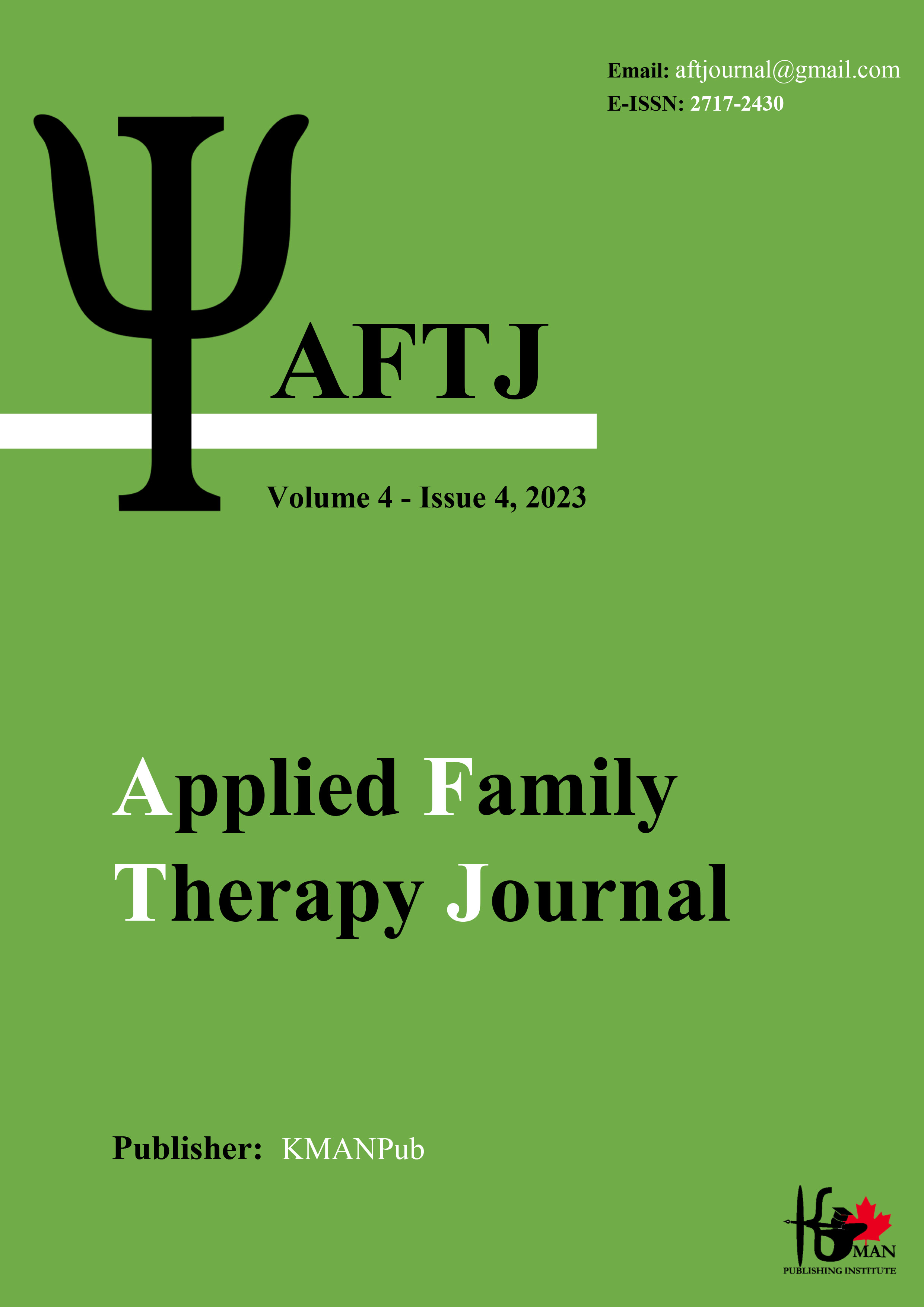Comparison of the Effectiveness of Resilience Training and Positive Psychology on Resilience and social Adjustment of Mothers of Children with Gender Dysphoria Disorder
Keywords:
Resilience training, positive training, gender dysphoria disorder, resilience, adaptabilityAbstract
Aim: This research was administered with the aim of comparing the effectiveness of resilience training and positive psychology training on resilience and social adaptability of mothers of children with gender dysphoria disorder. Method: The current research was a quasi-experimental type with a pre-test, post-test design with a control group and a two-month follow-up. The statistical population included all mothers with children suffering from gender dysphoria, who were diagnosed through membership in official groups of people suffering from gender dysphoria and diagnosed through a diagnostic interview by a clinical psychologist in Isfahan city in 2022. Sampling was done using the accessible method based on the entry criteria and 45 mothers were selected and randomly and using lottery in three groups (two intervention groups and one control group) and each group was replaced by 15 people. Data were collected through social adjustment questionnaires of Bell (1961) and Connor and Davidson resilience (2003). Resilience training (edited and validated in the present study) and positive psychology based on the theory of Seligman et al. (2006) were each implemented during 9 sessions of 95 minutes and the control group received the training after completing the work. In line with the inferential analysis, the data were analyzed through variance analysis of repeated measures and Bonferroni's post hoc test using SPSS version 26 software. Results: The results showed that resiliency training and positive psychology were effective in improving the resilience of mothers (F=9.94, p<0.01). However, resilience training and positive psychology were not effective in promoting social adaptation of mothers (F=3.80, p<0.05). Also, there was a significant difference between the two groups of resilience training and positive training with the control group (p<0.01), but there was no significant difference between the two experimental groups (p<0.05). Conclusion: The results showed the effectiveness of resilience training and positive psychology on increasing the resilience of mothers of people with gender boredom. These two types of training can be used to help improve the resilience of the mothers of these people.
Downloads
Downloads
Published
Issue
Section
License

This work is licensed under a Creative Commons Attribution-NonCommercial 4.0 International License.





















